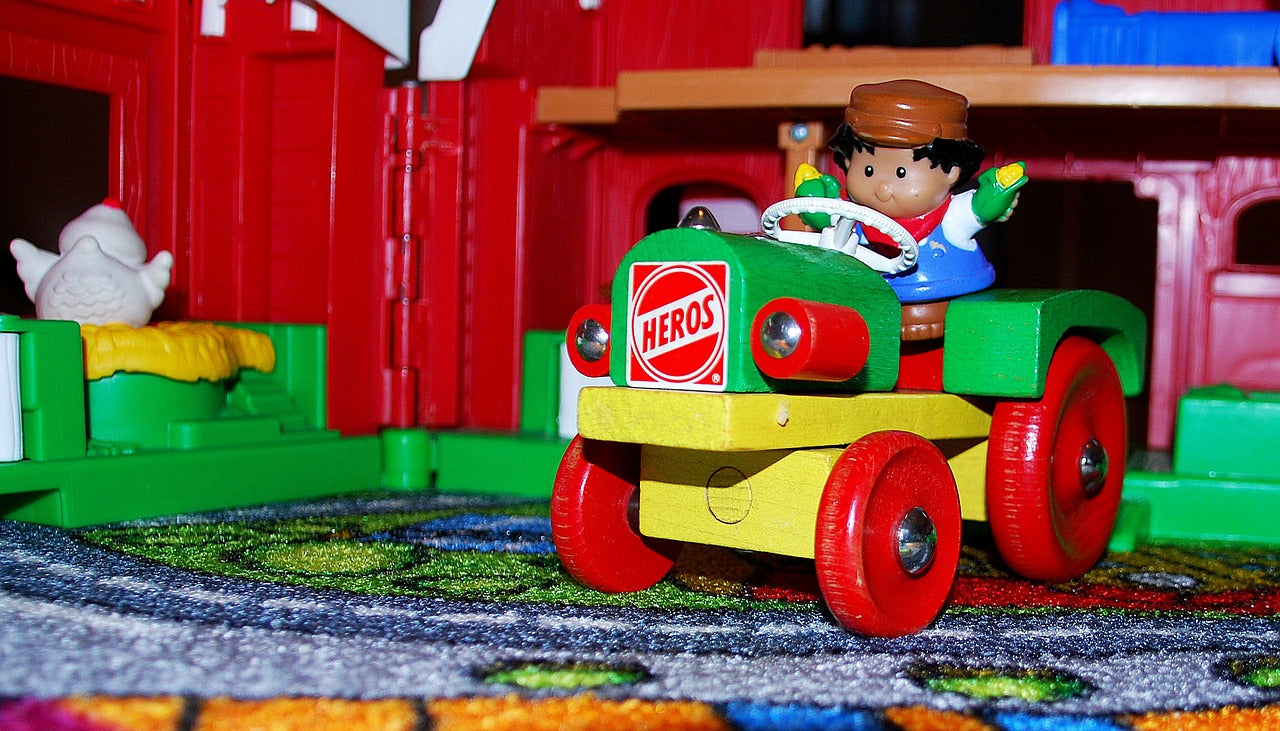Unveiling the Mystery: Why Do Baby Toys Randomly Go Off?
As a parent, you may have experienced moments when your baby's toys suddenly start making sounds or playing music without any apparent cause. This unexpected occurrence can be puzzling and even disruptive. In this blog, we delve into the reasons why baby toys randomly go off and provide insights into managing and preventing this phenomenon. Understanding the causes can help you navigate this issue and ensure a more peaceful playtime for both you and your little one.

Sensor Sensitivity and Trigger Mechanisms
Many baby toys are equipped with sensors or trigger mechanisms designed to activate the sounds or music when certain conditions are met. These conditions can include motion, touch, or changes in light or sound levels. However, due to the sensitivity of these sensors, external factors such as vibrations, movement in the vicinity, or even loud noises from other toys can inadvertently trigger the toy's mechanism, causing it to go off unexpectedly.

Wear and Tear or Malfunctioning Components
Over time, baby toys may experience wear and tear or have malfunctioning components. This can lead to erratic behavior, including toys randomly going off. Mechanical parts, such as switches or buttons, can become loose or worn, causing them to activate spontaneously. Additionally, electronic components, such as circuitry or batteries, may deteriorate or malfunction, resulting in unexpected activations. Regularly inspecting and maintaining toys can help identify and address any potential issues.

Interference from Other Devices
In our increasingly connected world, the presence of other electronic devices can interfere with baby toys. Wireless signals, such as those from mobile phones, Wi-Fi routers, or even baby monitors, can unintentionally trigger the sensors or mechanisms in some toys. This interference can cause the toys to randomly go off, creating confusion and disrupting playtime. Minimizing the use of electronic devices near the toys or ensuring they are placed in shielded areas can help reduce the chances of interference.




